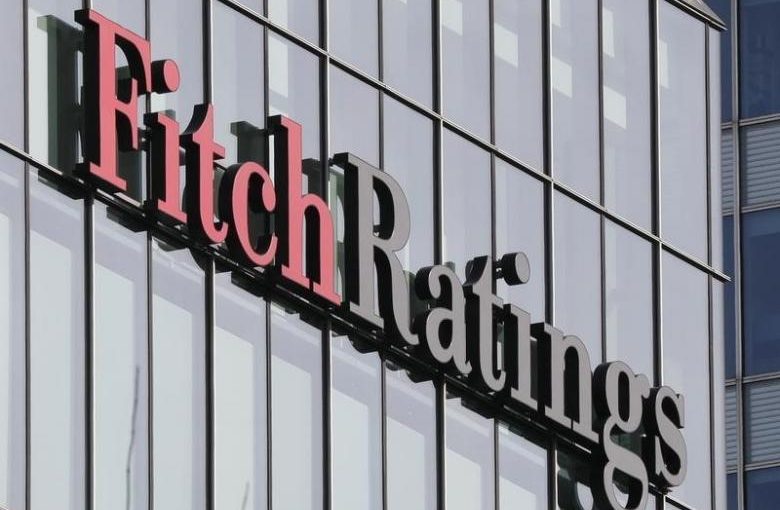Mozambique: Technical recession 'largely explained by post-election protests,' says government
Fitch projects Mozambique’s public debt to rise to 112,8% this year

in file CoM
- The Fitch Ratings report points to an increase in public debt from 99,2% in 2019 to 112,8% this year and 108,9% in 2021, essentially due to the evolution of the pandemic caused by the new coronavirus, which will reduce economic growth from 2,2 % in 2019 to 1% this year and 3,5% in 2021.
The financial rating agency Fitch Ratings estimates that Mozambique’s public debt will rise to 112,8% this year due to the effects of the Covid-19 pandemic, which will slow economic growth to 1%.
“The rating of Mozambique reflects the tightening of liquidity conditions, high levels of debt and outstanding issues about public companies that may affect the credit profile,” Fitch Ratings says in a report on recent developments in sub-Saharan African economies: “Sub-Saharan Africa Sovereign Credit Overview: 2Q20”
According to the report, Mozambique’s public debt will rise from 99,2% in 2019 to 112,8% this year and to 108,9% in 2021, essentially because of the Covid-19 pandemic, which will reduce economic growth from 2,2% in 2019 to 1% this year and 3,5% in 2021.
“The Mozambican economy was already showing signs of recovery from the significant damage done to crops and other sectors following the two cyclones that hit the country in 2019,” but the pandemic has slowed the speed of recovery, they suggest.
“Large natural gas projects are in preparation, but there may be more delays because of terrorist activity, and the benefits to the economy will only be felt before the end of this decade,” the analysts warn, referring to the armed attacks in Cabo Delgado, in the north of the country.
Mozambique’s budget deficit is expected to rise from 6 to 8% of GDP this year “due to weaker growth and increased public spending to respond to the economic and health crises”, Fitch says, noting that the authorities hope to bridge the gap between revenue and expenditure “with emergency financing and suspension of debt service by official creditors”.
The Covid-19 pandemic has so far caused 583 infections in Mozambique and three deaths, while the number of recoveries stands at 151.
The Fitch report comes at a time when the United Nations Economic Commission for Africa (UNECA) has been in meetings with African finance ministers following public discussions in African financial markets about how governments can honour their commitments while at the same time investing in efforts to contain the Covid-19 pandemic.
The assumption of the public debt problem as a central issue for African governments was reflected in the concern that the International Monetary Fund and the World Bank dedicated to this issue during their annual meetings in Washington this year, in which they set up funds and agreed a moratorium on debt repayment for the most vulnerable countries.
On April 15, the G20, the group of the 20 most industrialized nations, also agreed a suspension of US$20 billion (about €18,2 million) in bilateral debt for the poorest countries, many of which are African, by the end of the year, challenging private creditors to join the initiative.
In addition, UNECA, among other institutions, is designing a plan for exchanging countries’ sovereign debt for new concessional bonds, so as to prevent funds needed to combat Covid-19 from being used to pay creditors.
This mechanism would be guaranteed by a multilateral bank with a triple-A rating, or by a central bank, and would convert the current debt into securities with a longer maturity, benefiting from five years of payment exemption and lower interest payments, UNECA proposes.
Private creditors have also come forward with a plan that allows them to defer debt payments without influencing the ratings assigned by credit rating agencies, but fears of access to international markets being cut has meant that few countries have announced any restructuring of private debt.












Leave a Reply
Be the First to Comment!
You must be logged in to post a comment.
You must be logged in to post a comment.